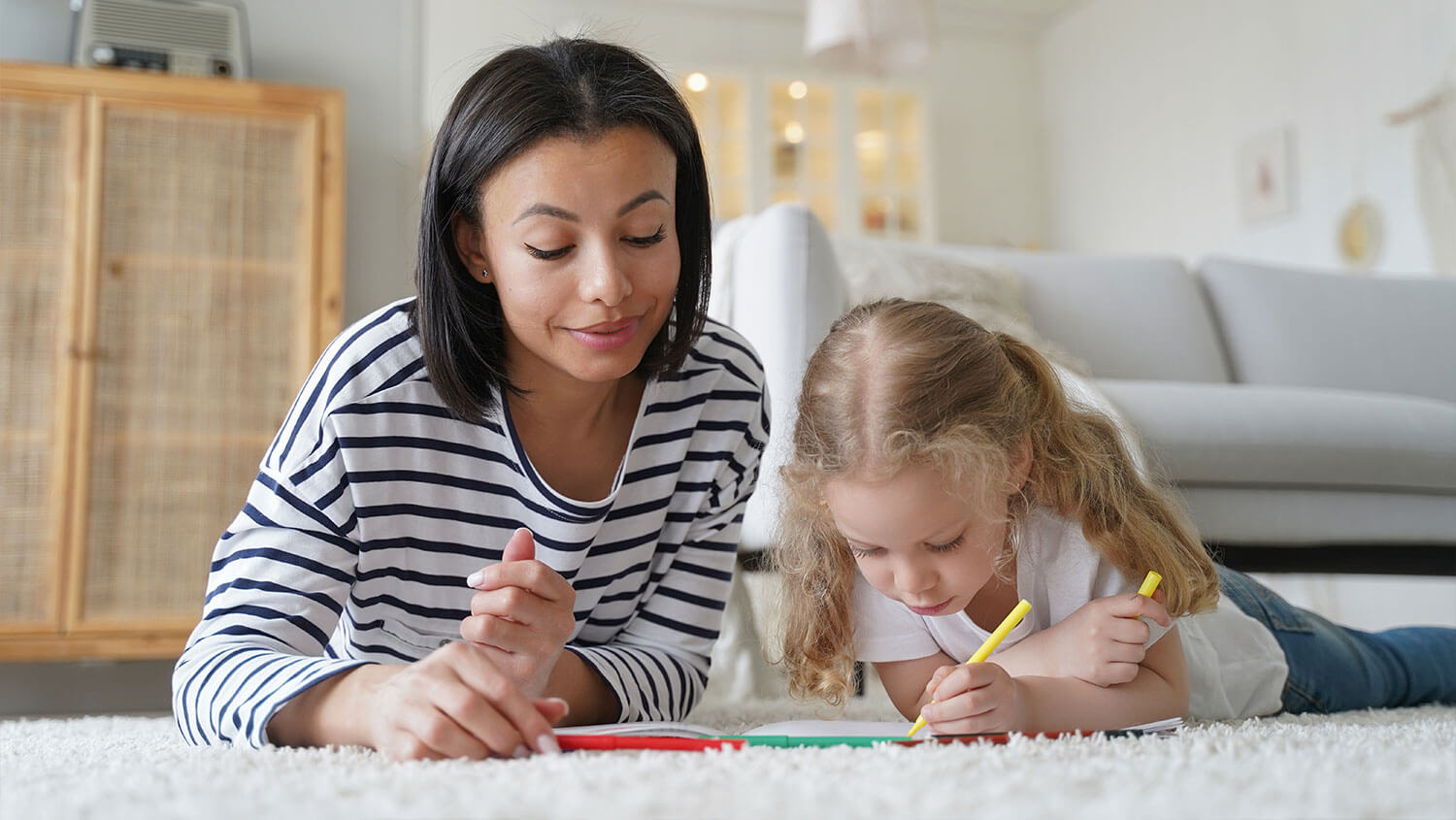Here’s one thing I know for sure: every human being wants to belong. We’re wired for connection and relationship. We want to feel seen, heard, and understood. We desire belonging within family, community, and within ourselves. Nothing severs the opportunity for connectedness more than a lack of transparency.
Growing up adopted, I remember seeing what appeared to be perfect adoption stories highlighted in magazine and newspaper articles. The adoptive families featured in those articles looked flawless, mess-free. Those articles and the images within the stories always left me confused. I didn’t feel connected to their experience. Although I loved my adoptive family, we were far from perfect. We had many hidden flaws. Ours was a very messy home.
My dad struggled with alcoholism. Much of my growing up years were filled with the sounds of his anger and the sounds of my mother’s tears. I hid it all as well as I could. No one talked about the shattered pieces that were clearly on the floor. I learned to sweep those broken bits under the rug. I was conditioned to close the door to my home and to my feelings. Don’t let anyone in, don’t let the emotions out. Transparency was not part of my reality.
I grew more and more sad that I didn’t have the kind of family featured in those feel-good adoption stories. I shared only the glossy and glowing parts of my life — many of which were complete fantasies. Creating a fantasy narrative was a way to cope with my grief. I didn’t want to disappoint those around me and so I kept the parts of my story that gutted me to myself. I stuffed those places way down inside of me and thought they’d disappear. They didn’t.
As an adult adoptee, I now know that transparency — the ability to let the light of truth shine through — is absolutely essential to achieve the connectedness that we all crave as people. It’s the same kind of connection that we long for within family structure. If I could have talked about what was going on inside of my adoptive family and what was also going on inside of myself as a young adoptee, it would have made a huge difference. No one around me wanted to talk about the imperfections. It took me years to understand that perfect families don’t exist. Real families do. To me, being a real family has everything to do with being a transparent one.
When we close ourselves off to what’s real, we shut down our ability to feel. And, no matter what the adoptee’s journey looks like — no matter their story — they have to openly feel in order to heal. Adoptees need to safely process both their birth story and adoptive story in order to make peace with the pieces. Transparency is key.
Adoption isn’t perfect. It never has been. It’s real. It’s hard. Not every adoptive family will deal with alcoholism inside of the home, but I can safely say that every adoptive family has its flaws. It’s important to talk about these things within a safe, open space of transparency. I believe that open is a much healthier way to live than closed. I believe this because I lived a very closed-off adoptee existence for much of my life. It’s taken time to understand that openness is a much healthier way to live.
I have a simple acronym that I use to help create the framework for more vulnerable and transparent conversation that leads to real opportunity for connectedness between adoptive parents and their children: OPEN. Let me break this acronym down for you, letter-by-letter.
O is for the offering of unconditional love, always. Period. I love you no matter what.
P is for preparing safe, judgment-free and sacred space for witnessing your adoptee’s feelings.
E is for engaging transparently with your child. Be curious about what they have to say. Listen!
N is for nurturing an atmosphere of always here and always ready to lean in. Pay attention.
Nothing feels more loving than the words, your truth is safe with me. Let’s be open with each other as adoptive families so that we can create long-lasting bonds of unconditional love and all-embracing inclusion. Let’s take a breath and let go of anything that keeps us from being real with each other. Let’s exemplify for our adopted children that they don’t have to close the door on their hearts and simply deal with their hidden feelings, alone. The way to lasting connectedness and healing is through transparency. It’s within this space where we begin to truly know each other and, ultimately, to know ourselves.

Michelle Madrid
Trusted Parenting Network Member
Author, Speaker, and Adoptee Empowerment Life Coach
Michelle Madrid is a former foster and international adoptee turned author, speaker, and adoptee empowerment life coach.
Learn More about Michelle in our Trusted Parenting Network

